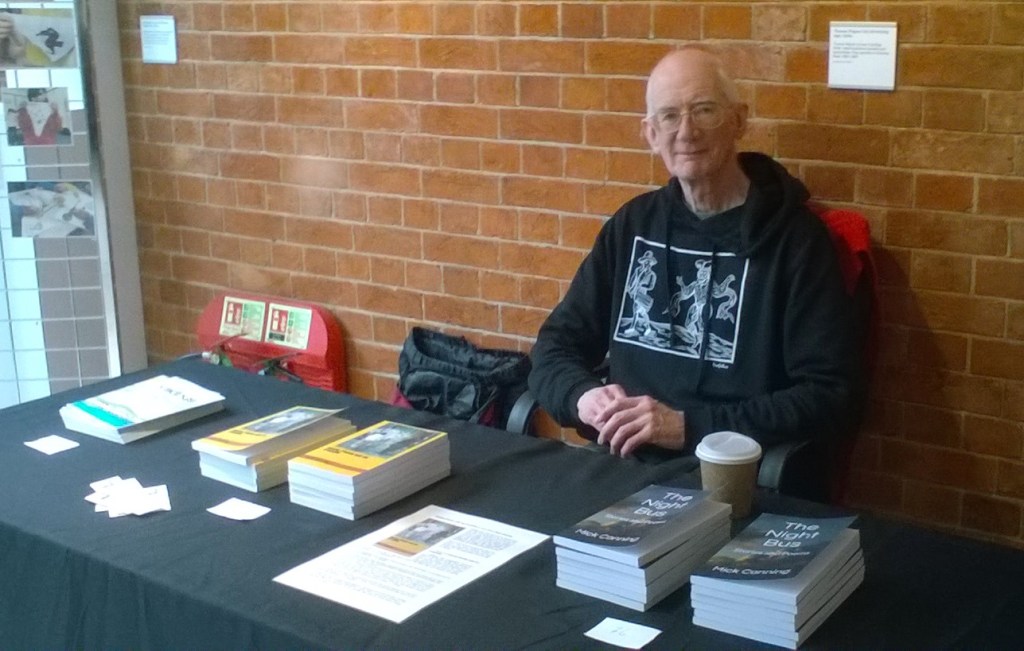There are a number of big marches taking place in the UK today, demanding that the public get a final say on any deal made to leave the EU.
Despite what many people think, these marches are not demanding a stop to Brexit.
Surely, there cannot be anyone who is unaware of the original referendum and the result, as well as the resulting chaos and discord that followed it, but just in case there is…
The British public was asked in 2016 to vote on whether they wished to leave the EU or to remain. The results were as follows:
Of those who voted, 17,410,742 (51.9%) voted leave, and 16,141,241 (48.1%) voted remain.
The turnout was 72.2% of a total registered electorate of 46,500,001.
This means that 37.45% of the electorate voted to leave and 34.72 to remain.
So to say that the result was an overwhelming one (as has been frequently claimed) is clearly untrue. Not much over one third of the electorate declared their preference for leaving, and just over a third to remain.
One thing that is obvious in hindsight, and really should have been blindingly obvious at the time, is that if you offer a referendum on an incredibly significant and life-changing choice such as that, you should also state there should be a very clear majority for change (such as over 50% of the total electorate, or a margin of over (say) 15%)
And parliament has been utterly unable to come up with a workable, realistic plan to manage this exit.
It is true you are on shaky ground demanding a re-run, even if you think there is convincing evidence (as in this case) that everyone was lied to. And this is not about a re-run.
The initial problem, which has been the great stumbling block all along, is that nobody knew what they were voting for.
Politicians canvassing for ‘leave’ promised everything from completely halting all immigration to channelling massive sums of money to the NHS, all of which they knew was completely undeliverable, and naturally many people believed them.
So, what are the people taking part in the march demanding?
The official march website states its objective is that any Brexit is put to the people so that we can have the final say.
What it does not demand, is a stop to Brexit. Yet that is a theme I see everywhere in social media at the moment; we’re marching to stop Brexit – repeal article 50.
How about the petition?
Well, that states ‘revoke article 50 and remain in the EU’. Which is probably why so many people seem to think that’s what the march organisers are demanding, and consequently what is being repeated all over social media.
Now, although that might be something I’d like to see happen, you cannot get away from the fact that the result of the referendum was ‘leave’, and you cannot simply set that aside because you disagree with it. If it is something that is going to happen, it has to be because the majority of the public decide it is the right move.
Emotions are running very high and many people seem unable to even allow the other side to put their case without shouting them down. The name calling is ludicrous and disgraceful. And to have national newspapers with headlines calling MPs ‘traitors’ for voting against their (i.e. the newspaper’s owner’s) views is nothing short of repellent. And the unpleasantness is certainly not confined to just one side.
There is also far too much political posturing and point scoring. Not just from politicians, but from the public. Looking at social media, for example, there are many people who see this whole thing as Labour against Tory. I’m not going to attempt to dissect that, except to point out that the leadership from both parties has been derisory.
To be fair, there have been a few voices asking how it will be possible to bring both sides together when the dust has settled, but they have been largely drowned out by the clamour of those demanding their ‘rights’ and deriding their opponents on the one hand as treacherous cowards who want to see Britain ‘taken over’ by the EU, in a somehow similar manner to a country occupied by an invading army, or on the other as fascist bigots who want to expel everyone not white and Christian from the country.
There is only one way I can see out of this impasse, without the very real danger of violence and long-lasting bitter divisions. After all, once this is over, one way or another, we have to find a way to coexist with each other.
Parliament needs to either pass the deal the government has got, or alternately vote to leave with no deal, and then put that back to the people in a referendum that asks Do you accept the terms of this deal / no deal to exit the EU or do you wish to remain?
And the result of that referendum needs to be both final and legally binding. I can only speak for myself, but if the vote is still to leave, then it should be accepted since this time the electorate actually know what they are voting for. This is also, as I see it, the only way to respect people on both sides of the divide. And respect is something that seems to be in incredibly short supply at the moment.



